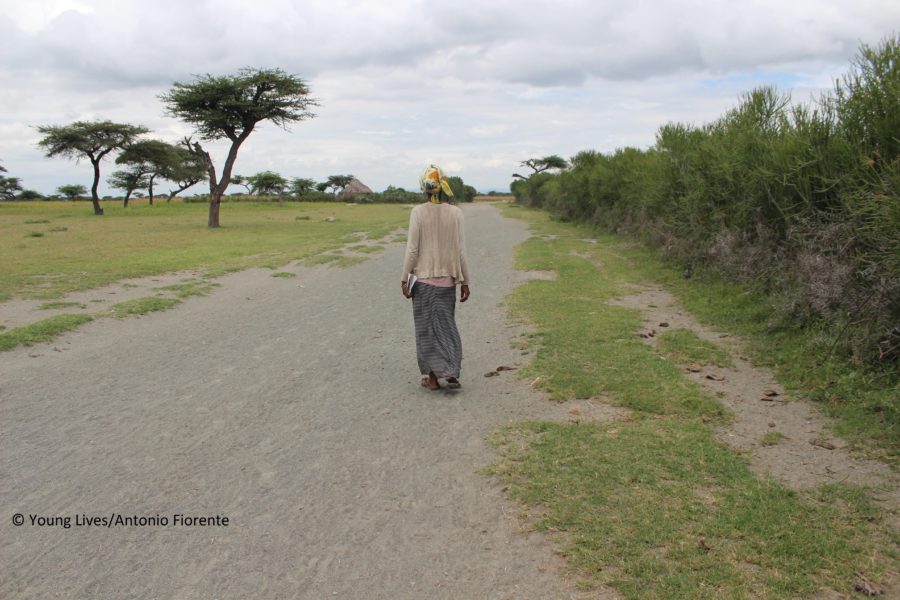11th October 2022 London
International Day of the Girl 2022: the story of Beletch

Today is International Day of the Girl (IDG) where we stand accountable, with and for girls, especially those growing up in poverty who face unprecedented challenges from widening inequality and compounding global crises. This includes the 118 million girls who are out of school globally and the 12 million girls who are married before the age of 18 each year. Foreign, Commonwealth & Development Office (FCDO) funds various research programmes to understand the barriers and improve opportunities for girls, including the Young Lives programme. Young Lives is a unique study led by Oxford University, following the lives of 12,000 children in Ethiopia, India, Peru and Vietnam since 2002, generating important insights into the impact of poverty and inequality on their lives.
The story of Beletch, a young woman from a rural farming community in Ethiopia
Beletch was one of the many young women followed by the Young Lives study. Growing up in a rural farming community in Ethiopia, Beletch was orphaned at a young age and looked after by her aunt. During her childhood, she was required to do a lot of housework, suffered violence at home and missed a lot of school due to periods of ill-health. Despite these hardships, Beletch really wanted to succeed at school and aspired to one day find a good job as a doctor or a teacher. She did not want to get married early, as she knew it would mean dropping out of school and not being able to reach her dreams. At the age of 13 she said:
“It is better to die than to marry…..if I marry I will become poor.”
Unfortunately, the challenges of staying in school eventually proved too great and Beletch dropped out at the age of 17 to get married, having only completed primary school (grade 6). In her last interview with Young Lives before the COVID-19 pandemic, Beletch said:
“I was not able to go to school after I married. How is that possible once you are married?”
Beletch’s story is a powerful testament to how millions of girls and young women continue to be let down, not only by underfunded and inadequate education systems, but also by poverty, societal expectations and gender discrimination.
The Young Lives study calls for a renewed focus on ensuring a supportive and enabling environment for vulnerable girls and young women to stay in education.
Without urgent action, an increasing number of girls and young women, like Beletch, risk slipping through the education net and missing out on other development opportunities because of their gender. The Young Lives study points to various ways we can support a better enabling environment to help girls to reach their potential:
- adapting and expanding social protection programmes to support the poorest families
- improving measures to address unpaid domestic work
- ensuring that schools are safe and accessible
- investing in programmes to reduce early marriage and parenthood
- providing scholarships to disadvantaged girls and young women to stay in school
Beletch unfortunately died earlier this year, aged 29, leaving behind her husband and four daughters. Together with Young Lives, FCDO calls for action to ensure every girl – including Beletch’s four daughters – can go to school, stay safe, and have control over their life choices. Educating all girls will help to empower women, reduce poverty and unleash economic growth, which has the potential to contribute to a greater future for all children.
More information
You can find out more about Beletch’s story on the Young Lives website.